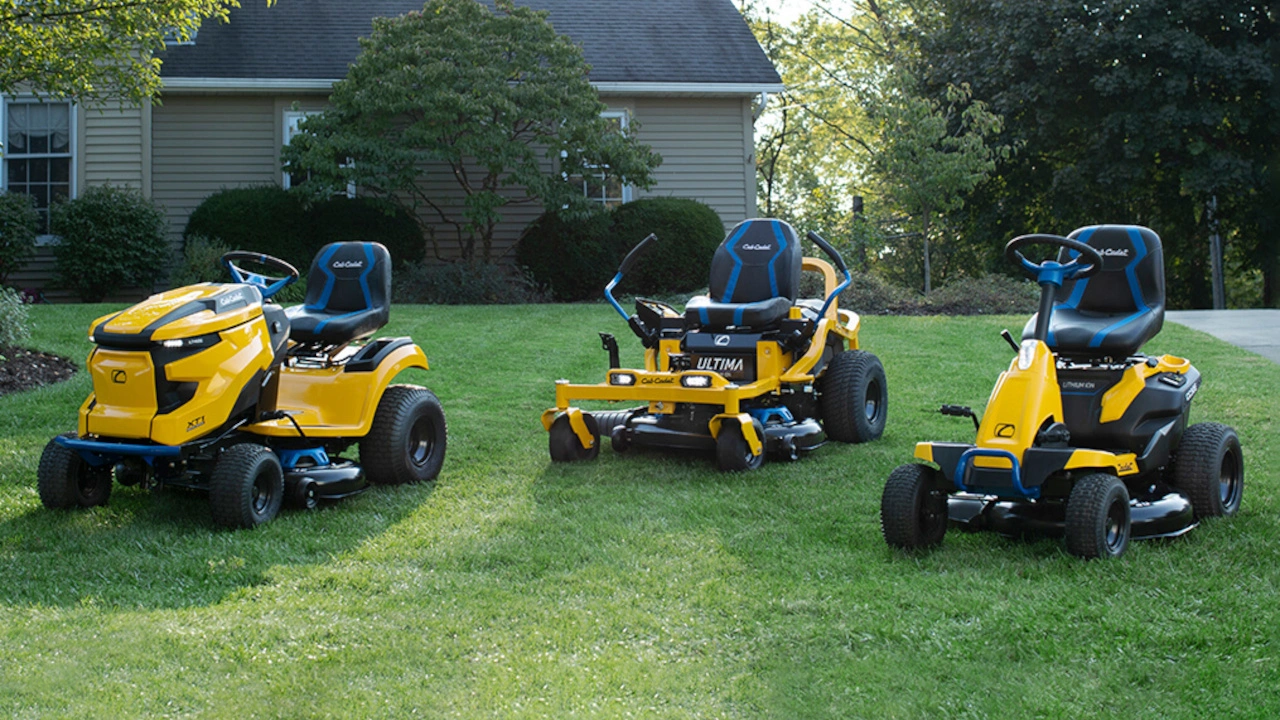A lush, healthy lawn is the crowning jewel of any Houston home, enhancing curb appeal and creating a welcoming outdoor space. However, achieving and maintaining a picture-perfect lawn requires the right tools and knowledge. One of the most crucial tools is a well-chosen lawn mower, tailored to the unique needs of your lawn and your personal preferences. This comprehensive guide will help you navigate the world of lawn mowers and make an informed decision that will elevate your lawn care routine.
Understanding Your Houston Lawn’s Needs
Before diving into the various mower types, it’s essential to assess your lawn’s specific characteristics:
- Size: The size of your lawn will largely dictate the type of mower that is best suited for your needs. For smaller lawns (under half an acre), a push mower might suffice, offering maneuverability and affordability. Larger lawns may benefit from self-propelled or riding mowers, which provide greater efficiency and reduced physical strain.
- Grass Type: The predominant grass types in Houston, such as Bermuda, Zoysia, and St. Augustine, have different growth patterns and require specific mowing heights. Choosing a mower with adjustable cutting height settings is crucial to ensure optimal lawn health.
- Terrain: Houston lawns can vary in topography, from flat expanses to gently rolling hills. If your lawn has slopes or uneven terrain, a self-propelled mower with good traction or even a riding mower might be necessary.
- Obstacles: The presence of trees, flower beds, or other landscaping features can impact your choice of mower. Zero-turn mowers excel in navigating tight spaces and complex layouts, while push mowers might be more suitable for less obstructed yards.
Types of Lawn Mowers: Finding Your Perfect Match
- Push Mowers: These manual mowers are lightweight, affordable, and easy to store. They are a practical choice for smaller lawns with minimal obstacles. However, they require manual effort to push, which can be tiring for larger areas or sloped terrains.
- Self-Propelled Mowers: Equipped with a motor to drive the wheels, these mowers significantly reduce physical exertion and are suitable for larger lawns. They offer variable speed options, making them adaptable to different walking paces and terrain challenges.
- Riding Mowers: For expansive lawns exceeding an acre, riding mowers are the most efficient option. Lawn tractors offer versatility with various attachments, while zero-turn mowers excel in maneuverability and speed.
- Electric Mowers: These eco-friendly mowers are quiet, low-maintenance, and produce zero emissions. Cordless models offer freedom of movement, while corded models require access to an electrical outlet. Their runtime is limited by battery life (for cordless) or cord length (for corded), so they might not be ideal for very large lawns.
- Gas-Powered Mowers: Known for their power and extended runtime, gas mowers are versatile and well-suited for larger lawns or areas with thick grass. However, they are louder, produce emissions, and require regular maintenance.
Making an Informed Decision: Key Considerations
Beyond the basic types, several additional factors influence your choice of lawn mower:
- Cutting Width: Wider cutting decks (30 inches and above) reduce mowing time for larger lawns, while narrower decks (20-22 inches) offer increased maneuverability for smaller yards or those with obstacles.
- Grass Collection: Choose a mower that aligns with your preferred method of grass clipping disposal. Options include bagging, mulching (where clippings are finely chopped and returned to the lawn as fertilizer), or side-discharging.
- Comfort and Ergonomic Design: Ensure the mower’s handles and controls are comfortable and easy to use, especially if you anticipate longer mowing sessions. Features like adjustable handle heights and padded grips can significantly enhance comfort.
- Budget: Lawn mowers vary widely in price. Set a budget beforehand to narrow down your options and ensure you’re getting the best value for your investment.
- Brand Reputation: Research reputable brands known for reliability, durability, and customer support. Reading reviews and seeking recommendations from friends or professionals can help you make an informed decision.
Maintenance Tips for a Long-Lasting Mower
Regular maintenance is key to ensuring optimal performance and extending the lifespan of your lawn mower. Key maintenance tasks include:
- Blade Sharpening: Regularly sharpen your mower blades to ensure clean cuts, promoting healthier grass growth. Dull blades tear grass, leaving it vulnerable to disease.
- Oil Changes and Filter Replacements (Gas Mowers): Follow the manufacturer’s recommendations for oil changes and air filter replacements to maintain your gas mower’s engine health.
- Deck Cleaning: After each use, remove grass clippings and debris from the mower deck to prevent clogging and potential damage.
- Proper Storage: Store your mower in a dry, protected area during the off-season to prevent rust and corrosion.
Conclusion
Choosing the right lawn mower is an investment in the health and beauty of your Houston lawn. By carefully considering your lawn’s needs, exploring the different mower types, and prioritizing regular maintenance, you can create a lush and vibrant landscape that enhances the curb appeal of your property and provides a space for relaxation and enjoyment.
If you’re looking for professional assistance in choosing or maintaining your lawn mower, or for any other lawn care needs, Mercado Mowers, LLC is here to help. Contact us today for a free consultation and let our experienced professionals guide you towards a healthier, more beautiful lawn.
